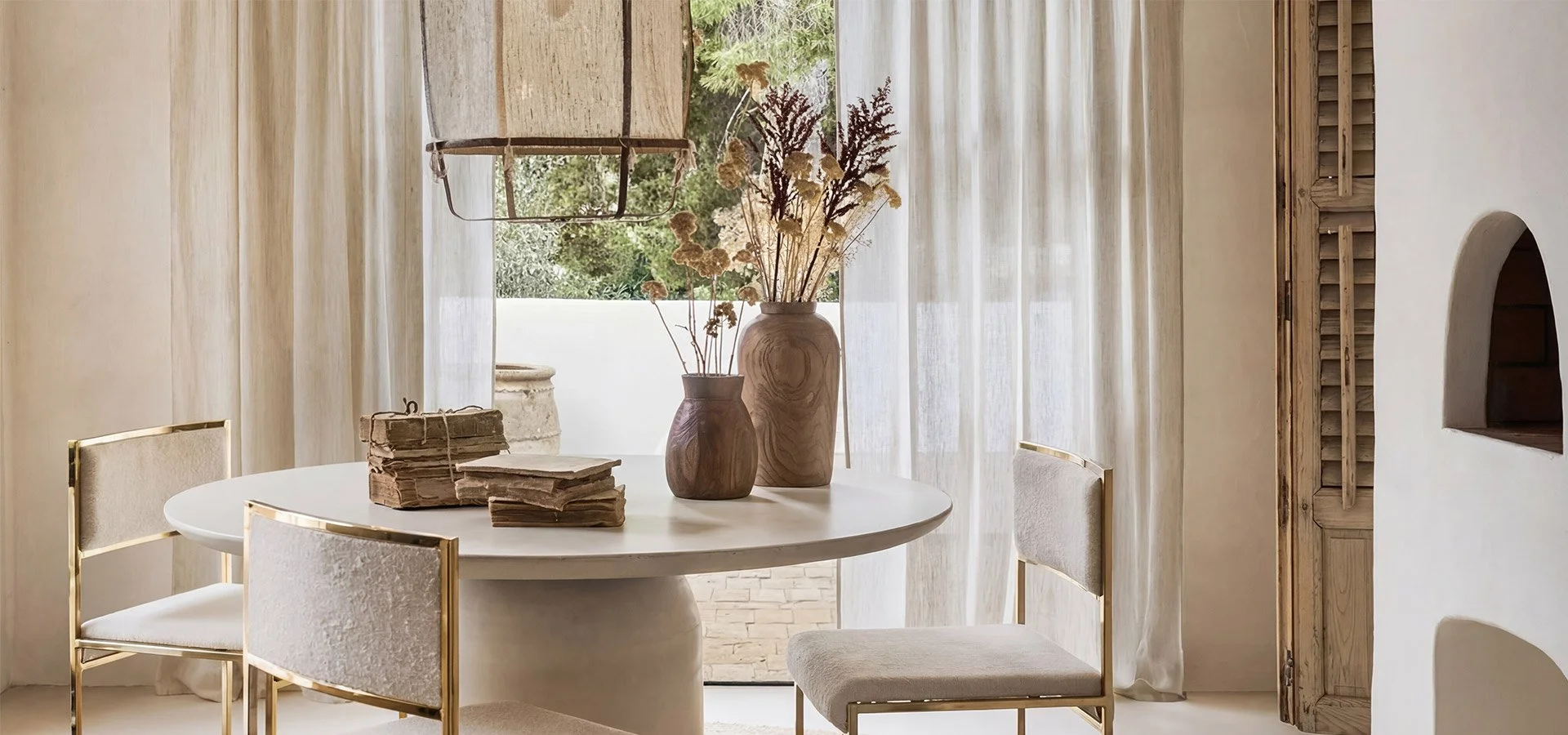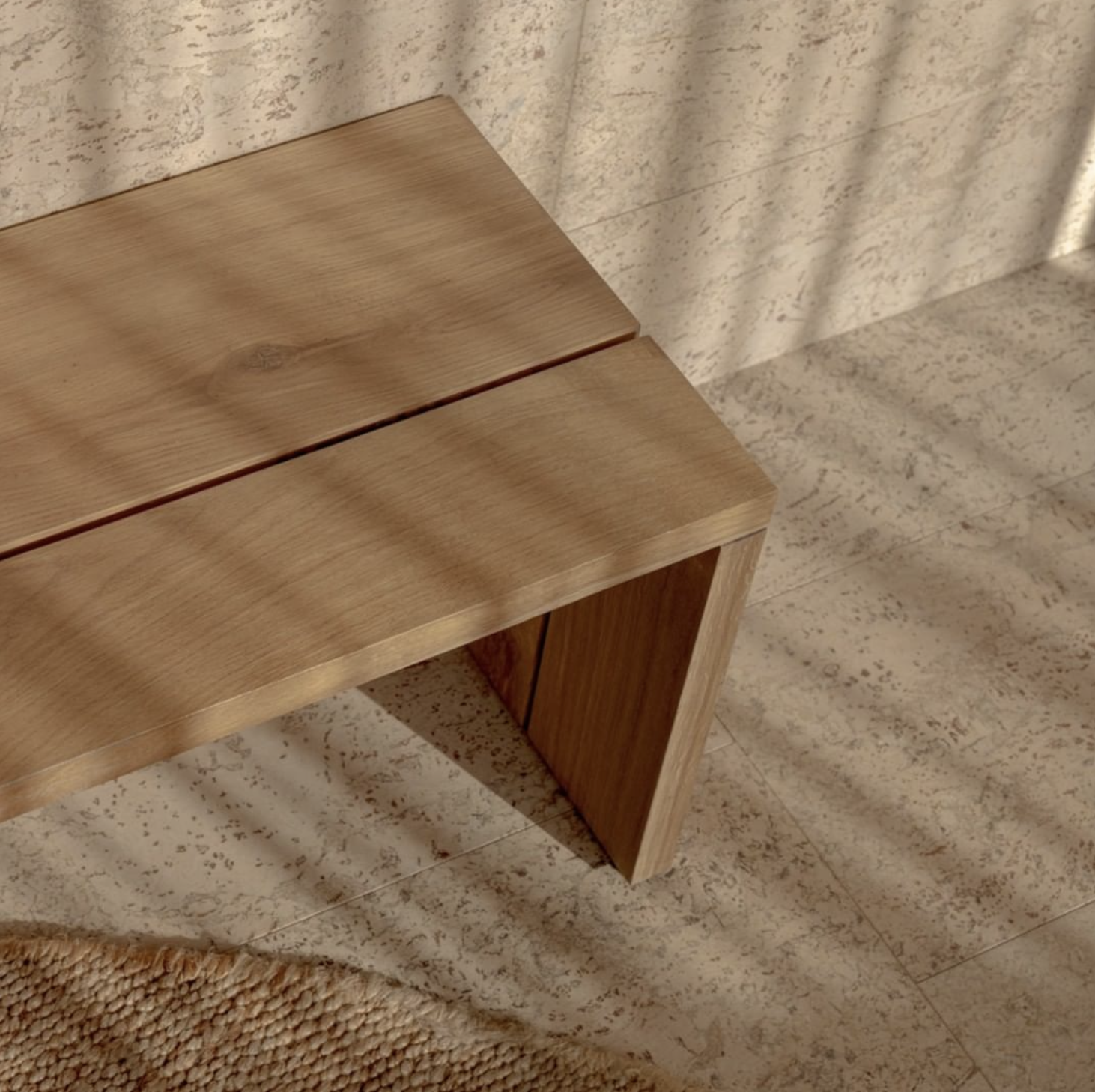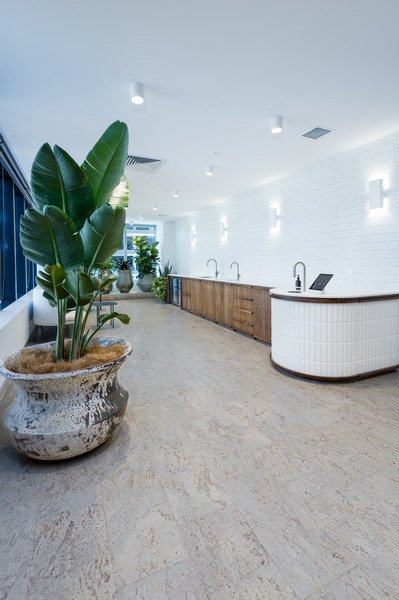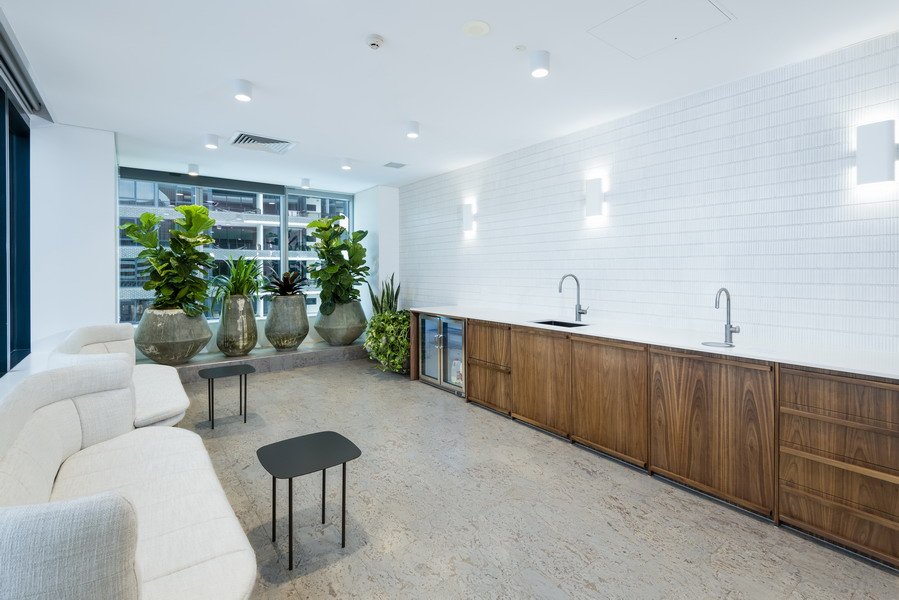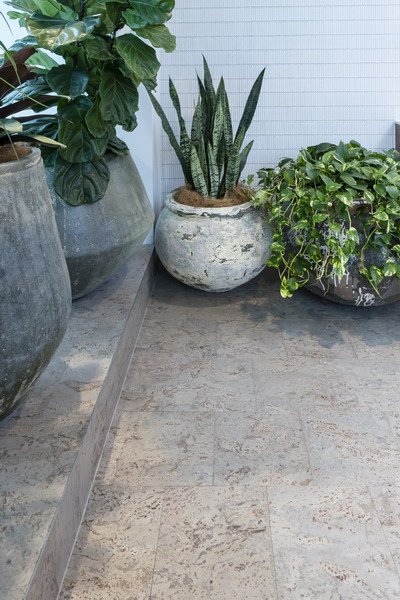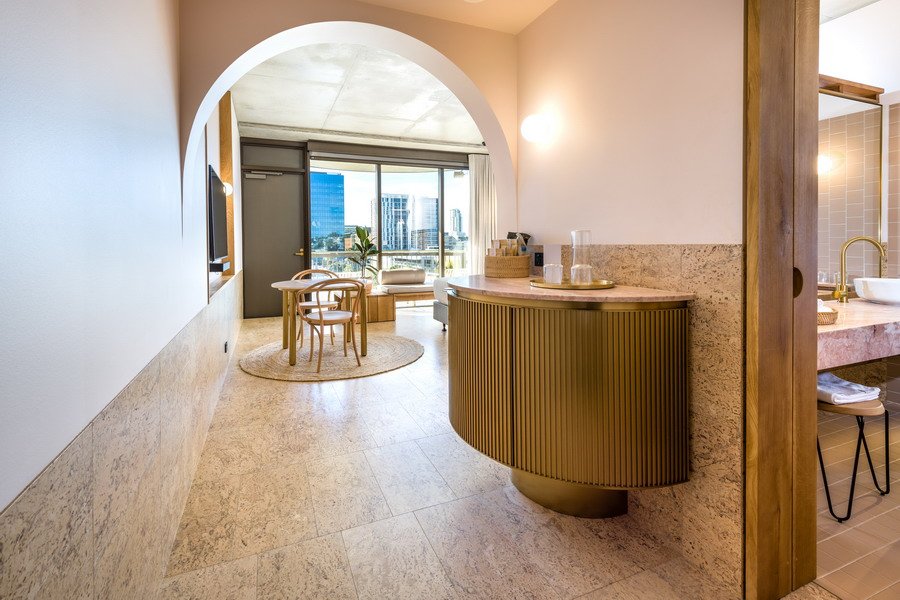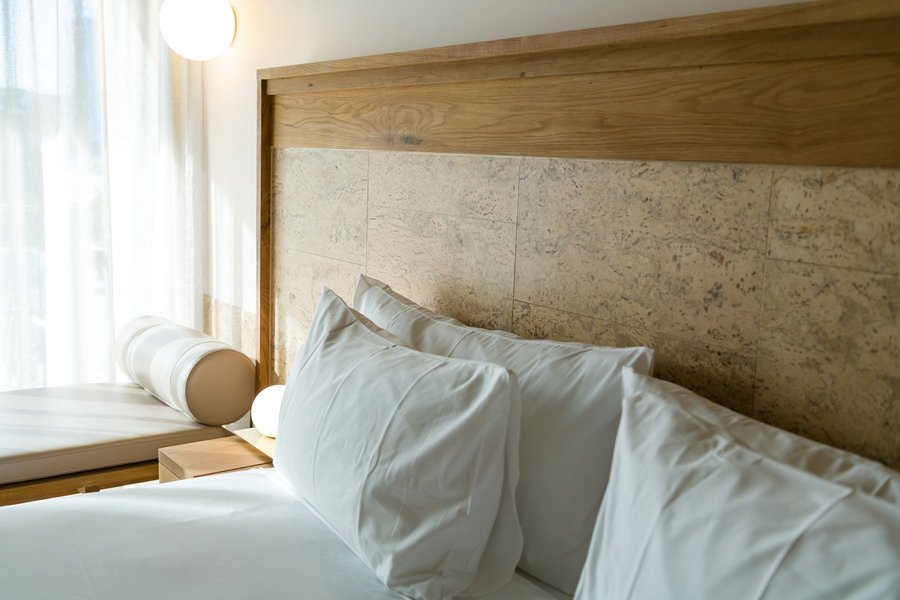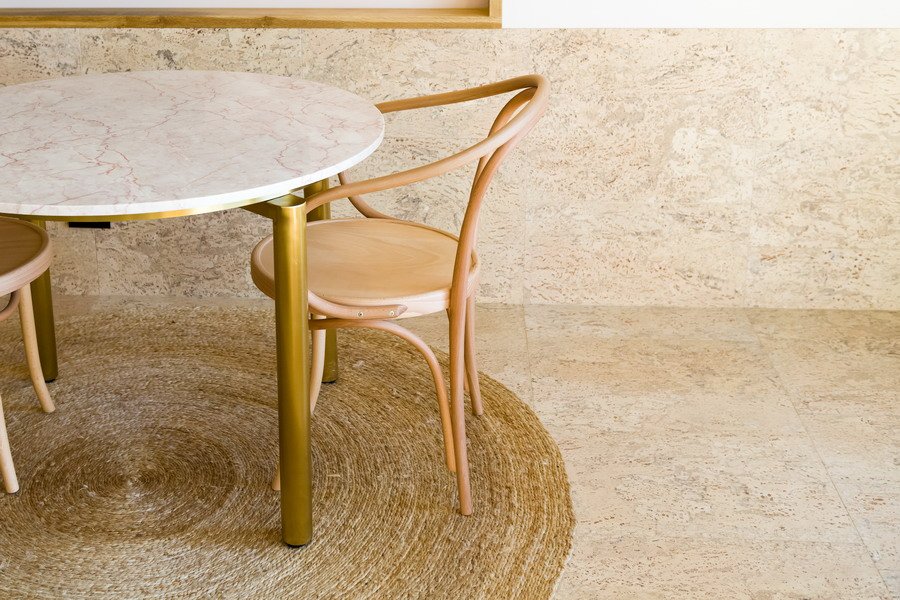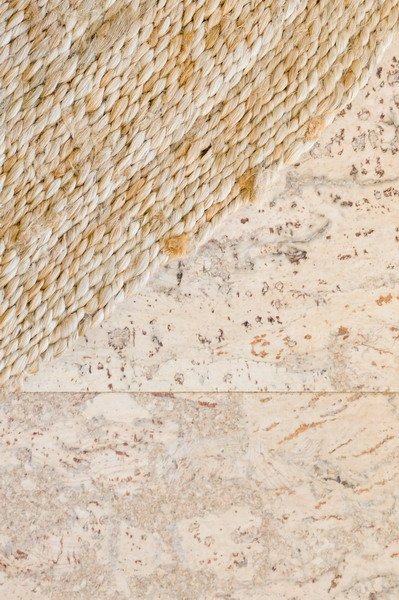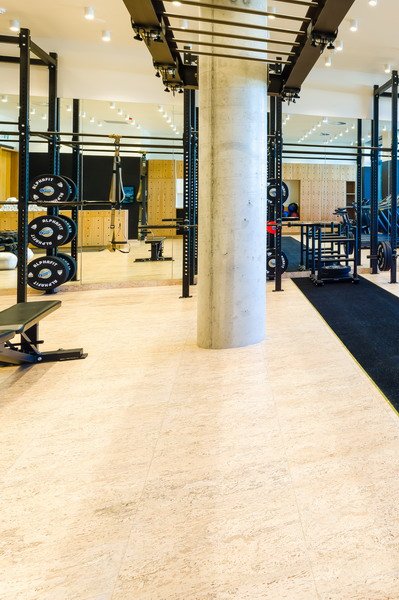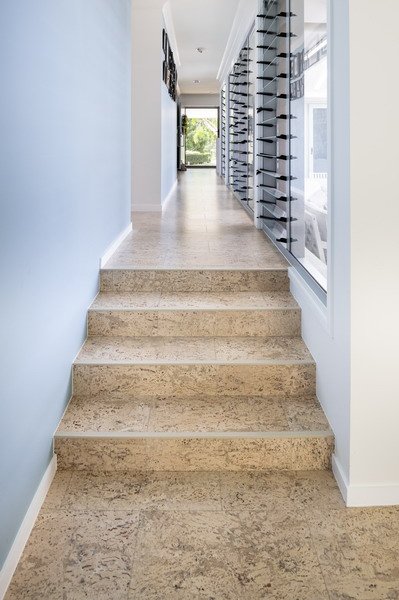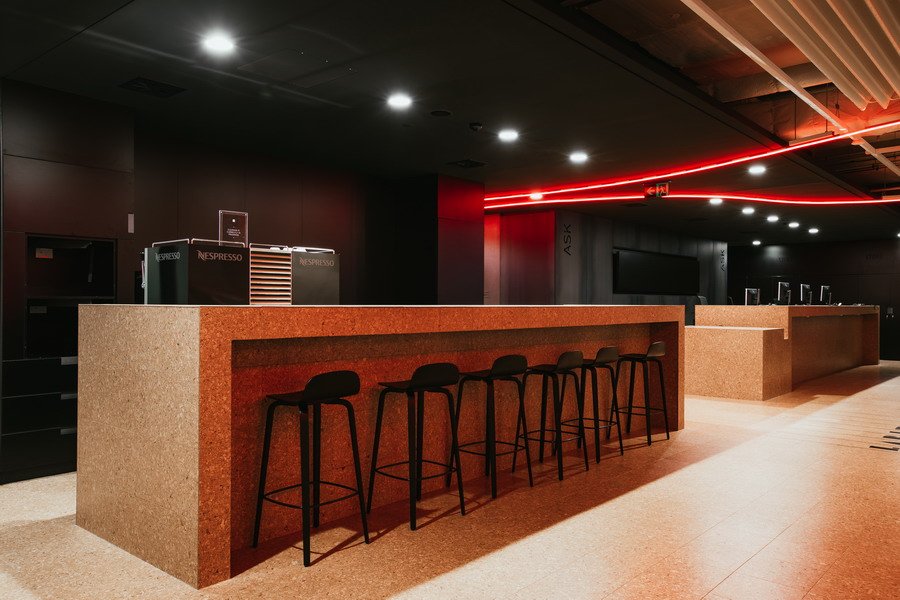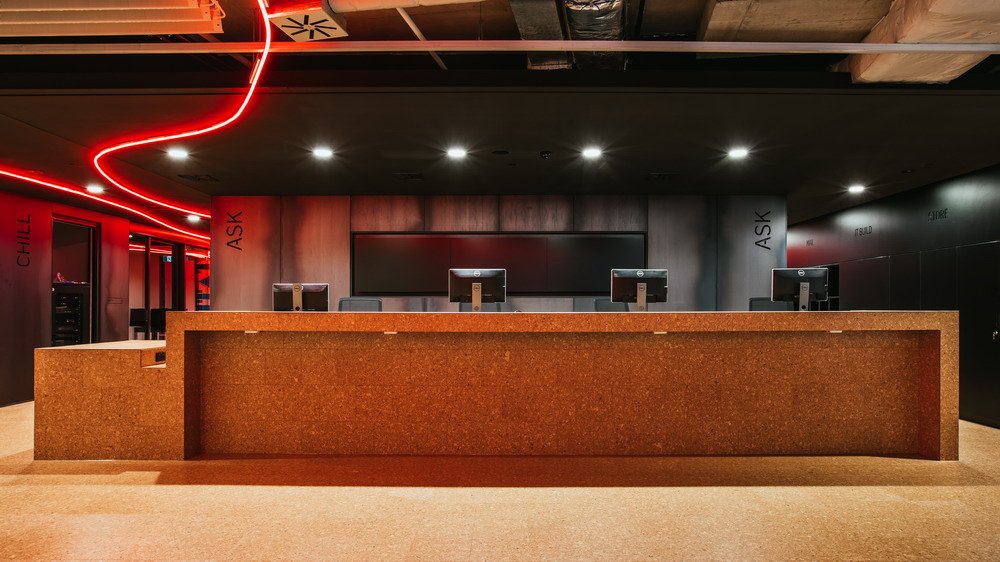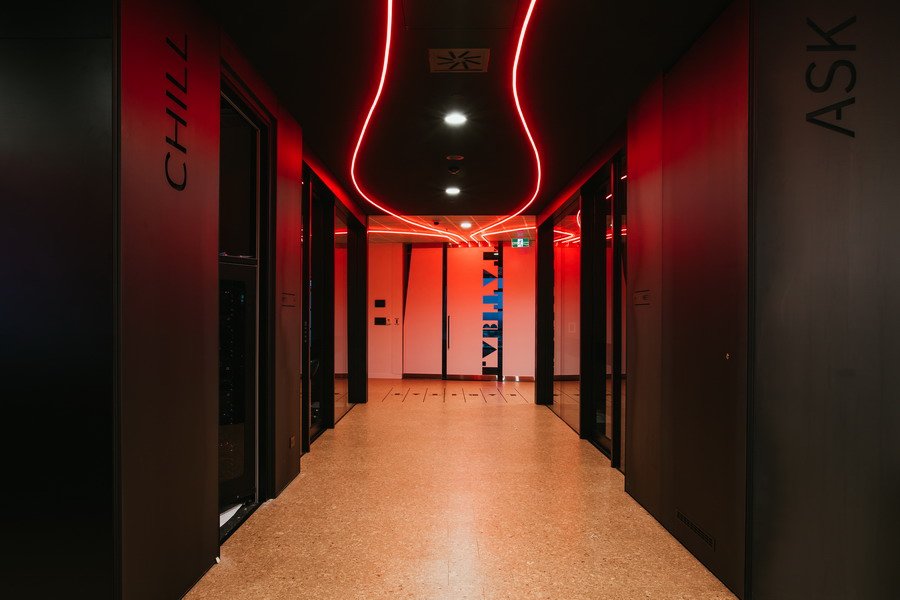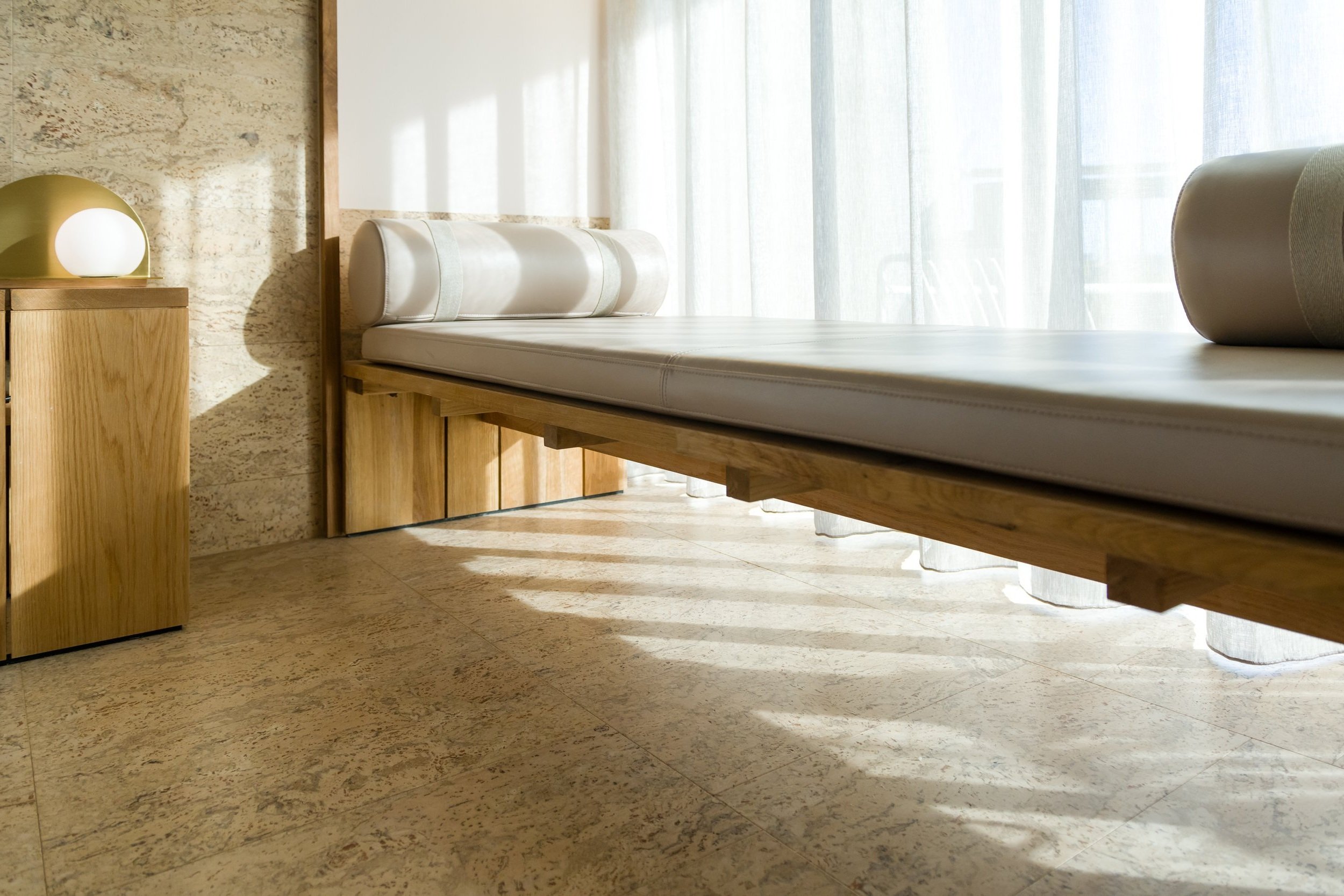
Hard Wearing Cork Flooring Sunshine Coast
NATURAL / SOFT UNDERFOOT
Cork Flooring brings the best with contemporary looks and finishes to match your interior style
Once you have experienced the luxury of Cork Flooring on the Sunshine Coast, there’s no going back to regular floors. Sustainable, hard-wearing and durable, Cork Flooring is amazingly soft. It also serves as an excellent alternative for children’s play areas and older resident’s rooms that are more likely to accidentally trip and fall.
Easy to install and waterproof, Cork Flooring can be installed anywhere in your house or commercial space, even in bathrooms, kitchens and laundry rooms. It can be installed on top of an existing floor and uneven surfaces or used as an underlayment for a wood or stone floor.
Advantages of Cork Floors
Durable and resilient; holds up well under heavy furniture.
Super soft underfoot.
Waterproof; easy to maintain.
A truly natural choice.
Can be installed with radiant heat systems.
Has a natural mould inhibitor, preventing it from rotting.
Cork has natural insulation and flame resistant properties.
Cork Flooring Range
Champagne Sand
A warm, muted golden brown. Feels soft and comfortable to the touch, and is quiet underfoot.
Rustic Olive
Deep gunmetal slate dark grey-green, dotted with rustically irregular spots and splotches of darker green throughout.
Calais Alloy
Harmony
Traditional
Harmony Frost
Welcoming and warm, in a pale, yellow-tinted off-white finish. Dotted and speckled with grey-brown spots and flecks throughout.
Traditional Cork
Authentic, textured mustard golden yellow finish which boasts the casual appearance of unfinished, unrefined cork in all its natural glory.
Calais Cream
Madeira
Twist Olive
Harmony Ivory
Washed in a salmon-infused, pale honey finish. Speckled with dark brown and light grey spots of various sizes and shapes.
Slate
Warm, yellow-toned, light brown grey-green shade that will have your interior floors looking comfortable, understated, and inviting.
Copenhagen
Madeira White
Get inspired with our gallery
Frequently Asked Questions About Cork Flooring on the Sunshine Coast
-
Cork flooring offers multiple benefits:
Comfortable: Natural cushioning reduces strain on feet and joints and resists furniture imprints.
Noise Reducing: Unique sound-dampening structure minimizes noise transfer and reverberation.
Thermal Regulating: Stays warm in winter and cool in summer due to its insulating properties.
Water Resistant: Naturally occurring suberin repels water, making it suitable for wet spaces.
Fire Retardant: Inherently resistant to fire.
Hypoallergenic: Repels dust, pollen, and allergens due to its anti-static, tight cellular structure.
Environmentally Friendly: Made from renewable cork bark, harvested without harming cork oak trees.
Durable: Elasticity and resilience make it ideal for high-traffic areas, comparable to hardwood.
-
Yes, cork is one of the few truly renewable resources. The bark is hand-peeled from cork oak trees without damaging them, promoting tree health and carbon capture. The bark regrows and can be harvested repeatedly over the tree’s lifespan, up to 250 years.
-
Cork flooring is easy to maintain. A regular sweep or damp mop is typically sufficient. Its anti-static nature and tight cellular structure repel dust, pollen, and allergens, reducing cleaning needs.
-
Standard tiles are 305 x 305 x 6 mm. Coloured tiles are also available in 600 x 300 x 6 mm. Contact us directly for additional size options.
-
Yes, cork’s natural suberin makes it water-resistant, and its elasticity and resilience provide durability similar to hardwood, making it ideal for high-traffic areas and wet spaces.
-
Cork tiles are easy to install on various subfloors, including concrete, timber, ply, and chipboard. They are pre-glued and use Tradies Own water-based primer and adhesive, which hold green certification, for a fuss-free installation compared to timber.
-
Yes, cork’s unique sound-dampening structure reduces reverberation and noise transfer between rooms, creating a quieter environment, even in busy spaces.
-
Yes, cork’s anti-static nature and tight cellular structure make it hypoallergenic by repelling dust, pollen, and allergens, ideal for allergy sufferers.
Major Brand Suppliers





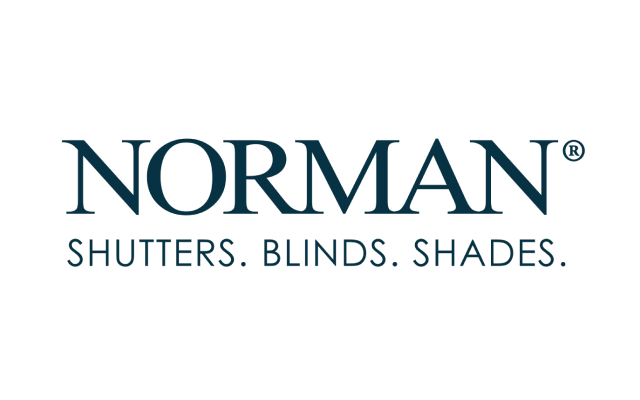



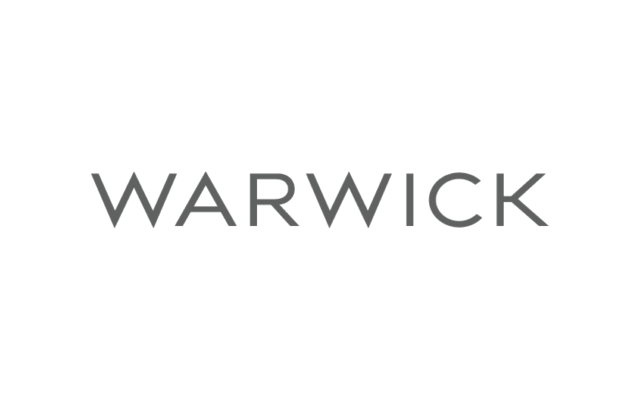







Why Choose Us
25 Years of Experience
Up to 25 Year Product Warranty
Free Quote & Measure
Australian Made Products
Free Colour Consultation
Custom Design
Client love notes
-
“We are so thrilled with our window coverings. It is so hard to think that it has been a year since we moved in.”
Jan and Jim Christian
-
“Coverings Noosaville have taken their business to a new level. Its a fantastic experience to visit their showroom. Most Coverings Showrooms look like they have come from the mid century and are typically bleak and unimaginative. The products displayed are very appealing. Systems are app driven and sleek. Messaging and a smooth process is top class. Rate the team very highly“
Cheryl Nash
-
“Fantastic local company. Very prompt from quoting to installation. Excellent customer service and a very high quality product. Would 100% recommend using Coverings Sunshine Coast.“
Merrick Davis
